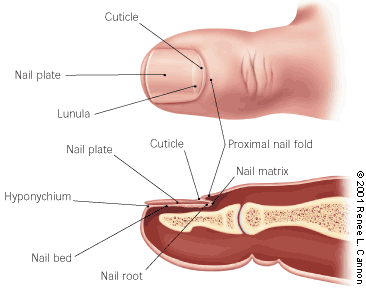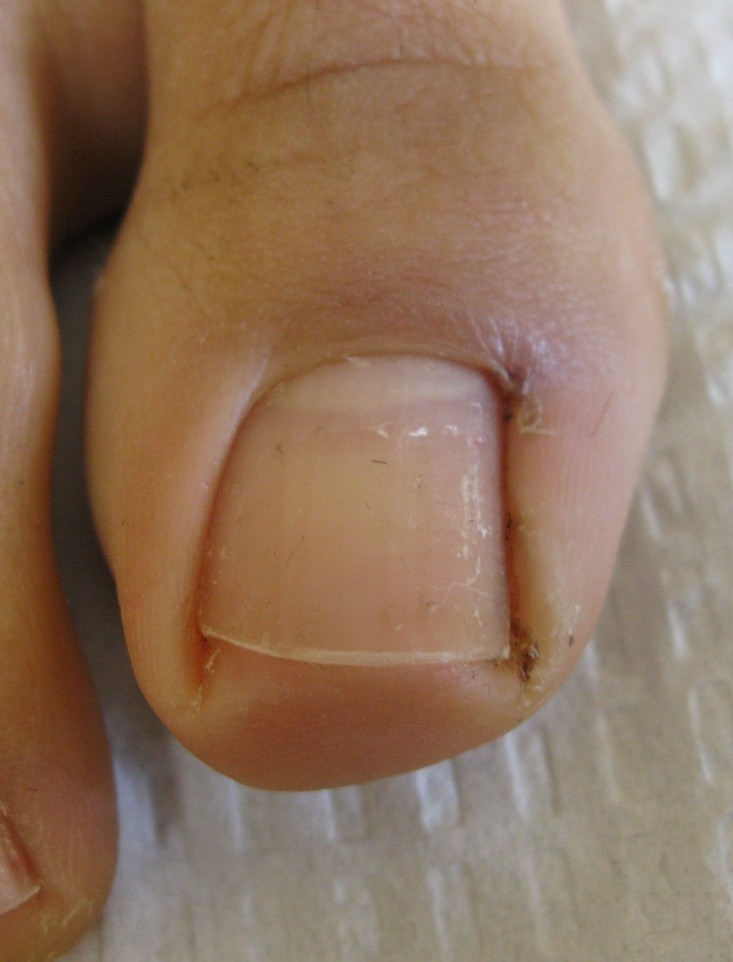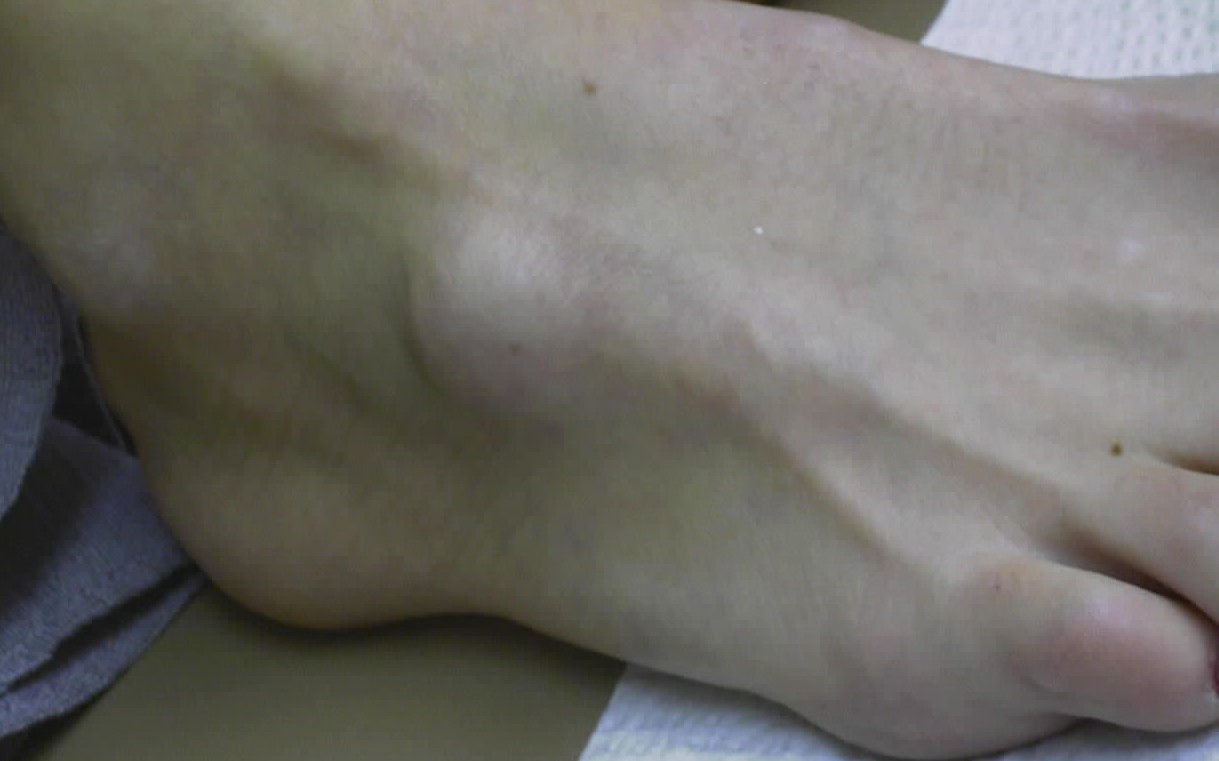January 4, 2012
I don’t know if you caught the recent New York Times article (*) that pointed out a study reported in the January, 2012 issue of the journal Neurology noting that older adults are often a little low on five nutrients that can sustain brain function as we age. The report stated: After controlling for age, sex, blood pressure, body mass index and other factors, the researchers found that “people with the highest blood levels of the four vitamins scored higher on the cognitive tests and had larger brain volume than those with the lowest levels” :
The five important nutrients are:
Omega-3 oil
Vitamin B
Vitamin C
Vitamin D
Vitamin E
Omega-3 oils are found in fish, plants and nuts. In addition to aiding brain power they also help reduce cholesterol levels and blood pressure, reduces the risk of heart disease and lowers the damage of diabetes, osteoarthritis and osteoporosis and may even reduce depression.
Vitamin B – The B complex includes thiamine, riboflavin, niacin, B-6 and B-12 as well as biotin. Some are found in vegetables and some only in foods of animal origin. Biotin is a B-vitamin that strengthens finger and toe nails so it is often suggested to patients by podiatrists.
Vitamin C- Found in fresh fruits, broccoli and Brussels sprouts, is needed for tissue repair, including making strong skin, tendons and ligaments, cartilage and bones and it is a strong antioxidant. Because you do not store Vitamin C you need a steady input of this vitamin. Contrary to popular misconception, Vitamin C does not prevent a cold but it might shorten the duration and make the symptoms somewhat milder.
Vitamin D – Research has shown Vitamin D useful in many other facets of metabolism, especially in strengthening bones, as well as the possible reduction in breast and prostate cancers. It is important to ask your doctor to measure this vitamin in your body with a simple blood test. The minimal nutritional amount for this vitamin is likely to be raised to 1000 IU per day with an 8-oz glass of milk containing about 300 IU. If you doctor finds your levels low in D-3, a recommendation to supplement your diet with 50,000 IU a week is not uncommon. 10,000 IU capsules are available.
Vitamin E – Higher levels of this vitamin also help lower heart disease, some vision problems and some types of cancer. One research study showed that 2000 IU a day slowed some of the effects of Alzheimer’s disease. The highest source of this in nature is wheat germ but liver, eggs and dark green vegetables are other sources.
As always, the best sources of nutrients are from a well-balanced diet of fresh food.
A good source for vitamin and nutrition information is from the web site of the University of Maryland Medical Center at http://www.umm.edu/altmed/ -Just put your favorite vitamin or topic in the search box. Now, where did I put those vitamin pills?




